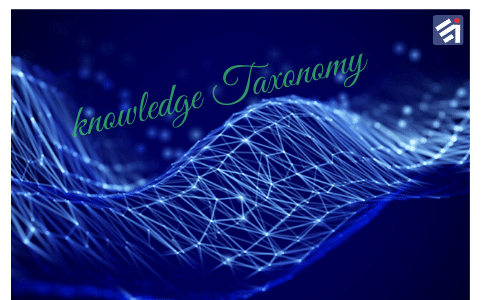
KNOWLEDGE TAXONOMIES THAT EVERY EXECUTIVE NEEDS TO CONSIDER
Category : Blog , Front Page
KNOWLEDGE TAXONOMIES THAT EVERY EXECUTIVE NEEDS TO CONSIDER
 Knowledge, with its wide classifications, can be parsed into individual and collective knowledge. Executives recruit followers based on their individual knowledge, which refers to that person’s skills, prior-knowledge, and proficiencies—sometimes referred to as competencies. Collective knowledge, on the other hand, has been defined as “organizing principles, routines and practices, top management schema, and relative organizational consensus on past experiences, goals, missions, competitors, and relationships that are widely diffused throughout the organization and held in common by a large number of organizational members
Knowledge, with its wide classifications, can be parsed into individual and collective knowledge. Executives recruit followers based on their individual knowledge, which refers to that person’s skills, prior-knowledge, and proficiencies—sometimes referred to as competencies. Collective knowledge, on the other hand, has been defined as “organizing principles, routines and practices, top management schema, and relative organizational consensus on past experiences, goals, missions, competitors, and relationships that are widely diffused throughout the organization and held in common by a large number of organizational members
Thus, collective knowledge is part of the executive’s protocol and comes fairly natural at the higher echelons of the organization. Executives follow Thomas Davenport and Laurence concern that concludes that if an executive cannot inspire followers to share their individual knowledge with others, then this individual knowledge is not valuable to the organization.
Individual knowledge can, therefore, become a valuable resource by developing an organizational climate of openness for members to exchange their ideas and insights. Executives must create a climate of trust and openness for individuals to share individual knowledge. New technologies drawing on social-software systems through sharing individual knowledge around the organizations can positively contribute to create collective knowledge. Therefore, executives should build an atmosphere of trust and openness and use technology to convert individual knowledge into valuable resources for their organization to close the performance gap and help organizations prosper
Knowledge can also be classified using individual, social, and structured dimensions. Executives can categorize followers based on their human knowledge which focuses on individual knowledge and manifests itself in individual’s competencies and skills. This form of knowledge comprises the skills gained by individual experiences, and learned as rules and instructions formulated by executives for followers to use as a guide. Social knowledge, on the other hand, is categorized as individual knowledge that is shared so that it can become collective knowledge.
Executives can use structured knowledge that emerges in formal language from annual reports, memos, and other means of communication to be represented as statements. Therefore, executives can classify knowledge in this way so that it emerges at three levels—individual (i.e. human), group (i.e. social) and organizational (i.e. structured).



